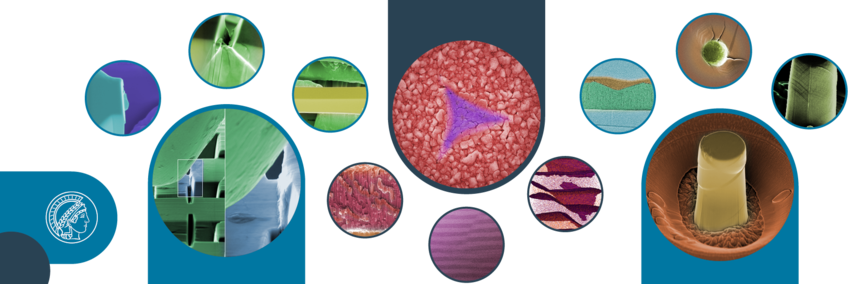Grain boundaries are one of the most important constituents of a polycrystalline material and play a crucial role in dictating the properties of a bulk material in service or under processing conditions. Bulk properties of a material like fatigue strength, corrosion, liquid metal embrittlement, and others strongly depend on grain boundary…


